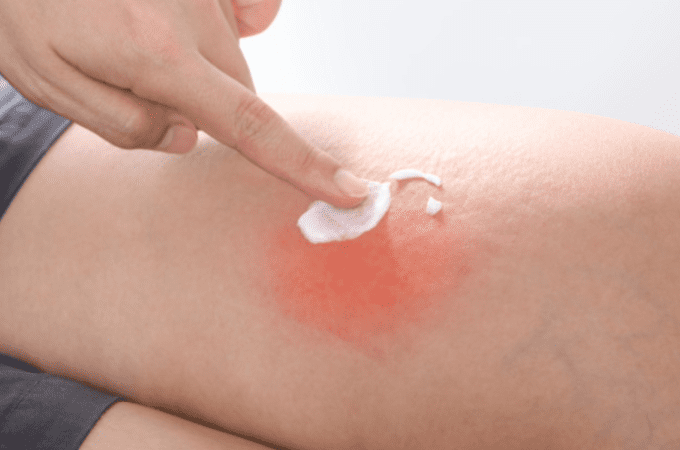Mosquitoes and Ticks
Mosquitoes and ticks are tiny creatures that can make a huge impact on our health and wellbeing. Illnesses caused by these insects are numerous, and in this post, we’re going to highlight them. Scroll down to get informed about some of the most prevalent mosquito- and tick-borne illnesses in the world.
Prevalence expected to rise
It’s not such a surprise that mosquito- and tick-borne illnesses are widely prevalent, but they are expected to spread even more. Evidence confirms that with climate getting warmer the geographical range of illnesses such as dengue fever, chikungunya, tick-borne encephalitis (TBE) is expanding rapidly. Vector-borne illnesses, such as those transmitted by mosquitoes and ticks, are expected to rise in Europe, especially in the Mediterranean area.

The United States isn’t the exception, actually. Figures show that there were over 640,000 cases of mosquito- and tick-borne illnesses reported in a period between 2004 and 206. During this time frame, nine new germs spread by these two types of insects were discovered or introduced to the US, the CDC reports. The matter becomes even more severe if we bear in mind the country isn’t fully prepared to deal with these illnesses as they are not recognized or reported properly.
Mosquito-borne diseases
Getting educated about these illnesses is the first step toward prevention. Below, you can see some of the most common illnesses that are caused by a mosquito bite:
- West Nile virus (WNV) – the leading cause of the mosquito-borne disease in the continental area of the US. The illness occurs during mosquito season which lasts from summer to fall. Some people experience no symptoms while in 5 infected individuals develop a fever along with other symptoms. Serious and fatal cases are rare and affect in 50 cases. Vaccine for prevention and medications for the treatment of WNV don’t exist
- Zika virus – spread by the bite of infected Aedes mosquito species. Many people don’t experience symptoms, but those who do usually report fever, rash, headache, joint pain, muscle pain, and red eyes
- Chikungunya virus – indicated by fever and joint pain, muscle pain, rash, headache, among other symptoms. In 203, this virus was first detected in the Americas, more precisely islands in the Caribbean
- Dengue virus – although it rarely occurs in the continental US, it is endemic in Puerto Rico
- Malaria – indicated by flu-like symptoms, but when left untreated it can cause serious complications
- Yellow fever – ranges from fever with aches and pains to severe liver disease, bleeding, and jaundice
- Other mosquito-borne illnesses: eastern equine encephalitis, Japanese encephalitis, La Crosse encephalitis, and St. Louis encephalitis
Tick-borne illnesses
When it comes to tick-borne illnesses, they include:
- Lyme disease – indicated by fever, headache, fatigue, and rash. The disease may spread to joints, heart, and the nervous system
- Babesiosis – transmission is most common in the Northeast and upper Midwest areas of the US
- Ehrlichiosis – symptoms usually begin within one to two weeks after a tick bite and are similar to flu
- Rocky Mountain spotted fever – if not treated early with the right antibiotic the disease can be deadly
- Other tick-borne illnesses – anaplasmosis, Southern tick-associated rash illness, tick-borne relapsing fever, tularemia
FAQ
What are the symptoms of mosquito- and tick-borne illnesses?
In most cases, an infected person experiences symptoms such as fever, pain in muscles and joints, headaches, and rash.
How to prevent these illnesses?
The best way to prevent is to avoid going to places which are known for infections caused by these insects. Also, make sure you wear clothes that cover most of your body to prevent bites, take insect repellent, and check your clothing for ticks when you return home.
Are mosquito- and tick-borne illnesses treatable?
Many vector-borne diseases have no cure which is why treatment revolves around alleviating symptoms. Spotting them early is the best way to treat these diseases successfully. When not treated in timely manner complications may occur.
